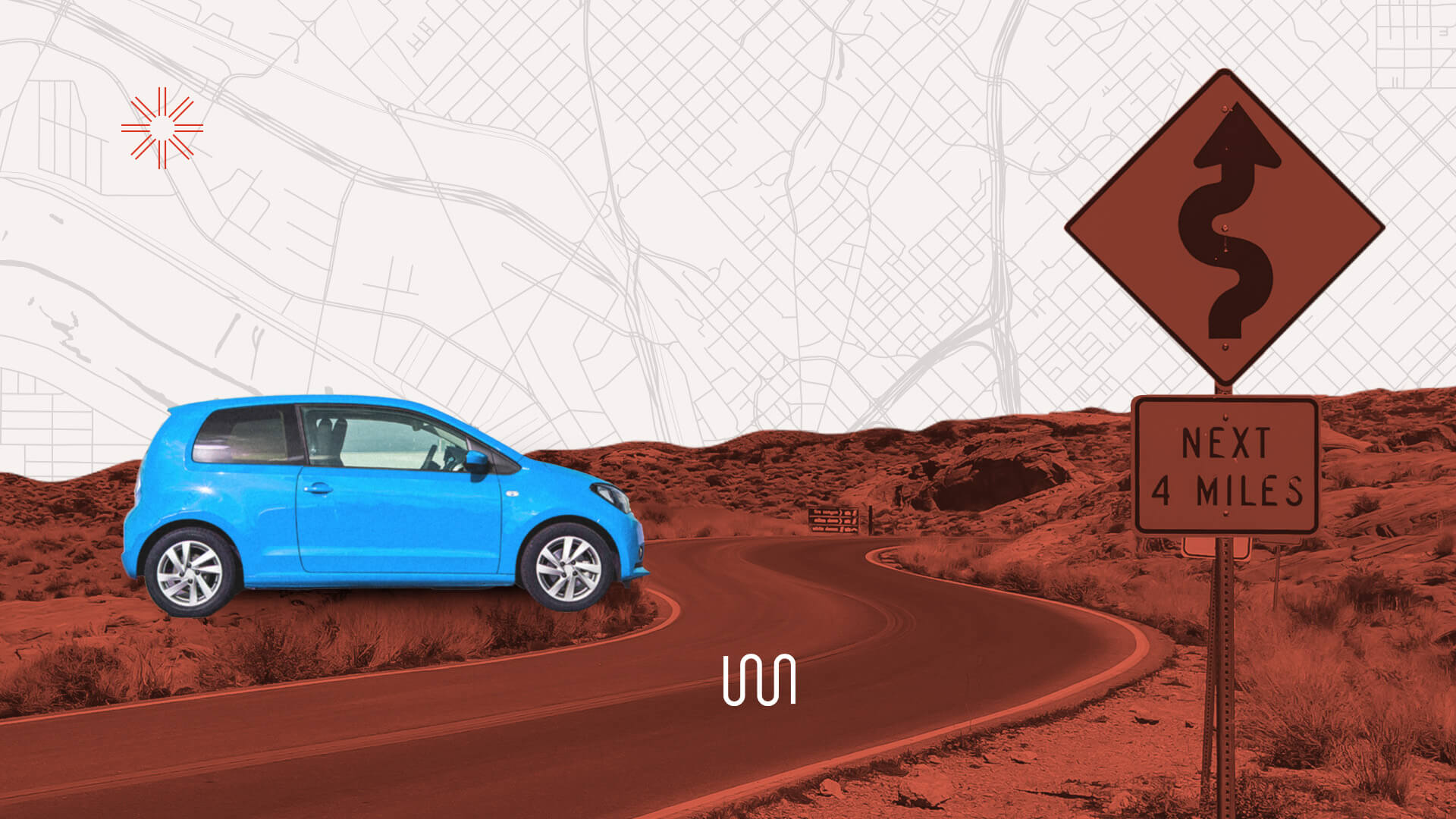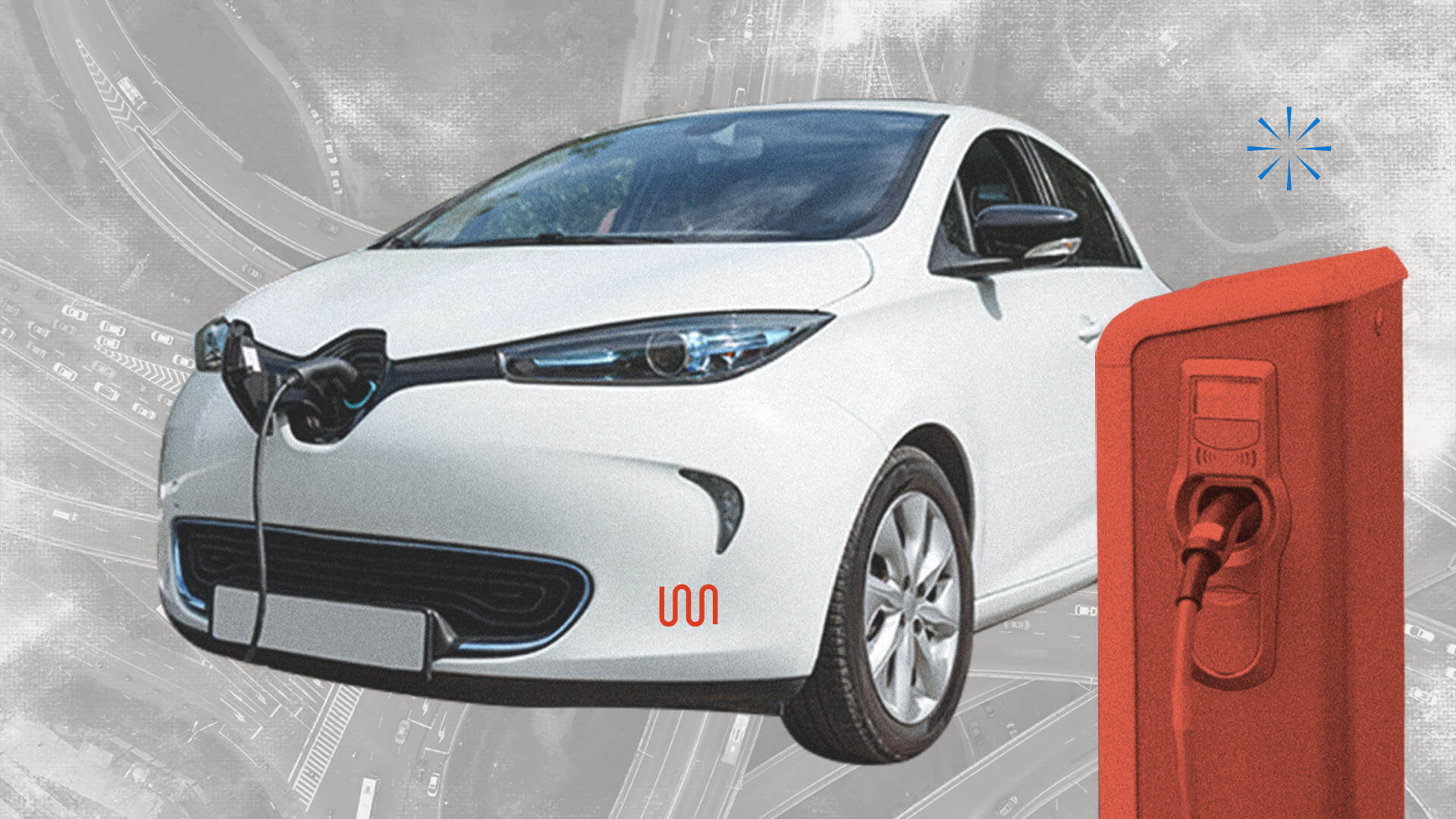
There is more to the autonomous vehicle market than meets the eye. Tesla might grab many of the headlines with their driverless testing and autopilot options, but the industry is much larger than that. In fact, many mainstream auto companies already have driver-assist features, such as blind spot warnings and emergency braking.
Even truly autonomous vehicles are already in the market. Companies like Waymo already have fully autonomous vehicles operating as taxis in Arizona. Other companies are starting to test driverless delivery vehicles and even long-haul tractor-trailers.
The autonomous vehicle market is expected to have a compound annual growth rate of 28% between 2021 and 2026. With the industry expanding in so many directions, it’s bound to change the way people buy, sell, drive (and crash) cars. One element in particular that will be heavily impacted is auto insurance.
Levels of automation affect auto insurance
With millions of cars on the road, we still have plenty of time ahead of us where autonomous vehicles share the road with cars piloted by real people. What’s more, the autonomous vehicle market is more likely to slowly evolve towards truly autonomous vehicles, with many shades of gray in between. There are, in fact, six levels of autonomous vehicles. With Level 0 having no autonomous features and Level 5 being fully autonomous in every condition and no option for human override.
Before we even get to Level 5 autonomy, there will need to be some pretty dramatic shifts in the insurance industry. Even a Level 2 or 3 car, which would allow for someone to take their hands off the steering wheel, would require a different sort of liability and risk assessment than a normal car.
In theory, the more automation, the less the driver is liable. For Level 5 vehicles, the driver may not be at all liable, as they had no involvement with how the car was operating. If a Level 5 vehicle were to get into an accident with another vehicle, the auto company may end up being liable, but that is not decided yet. This is called “vicarious liability.”
For today’s totally driverless vehicles, the liable party is the owner of the vehicle, which is usually a corporation, not an individual. There are likely to be discussions in courts as more driverless vehicles are involved in different types of incidents.
Safety of automated vehicles affects insurance premiums
One area to look at as a forecast of how automated vehicles will affect insurance premiums is driver assist. These capabilities have been proven to make cars safer: Breaking before an accident or providing a warning signal that prevents a crash. While they don’t yet affect insurance premiums, it’s likely that as the data becomes more readily available, safer cars will yield lower premiums.
However, it is too early to know exactly how safe autonomous vehicles are at each level of autonomy. There have been very few accidents to date with fully driverless vehicles. But, when someone is doing email on their phone instead of watching the road in a Level 2 or 3 car, that could be less safe than a car driven entirely by a person. Only as they become more common on the road will it be possible to know how much safer (or less safe) they actually are.
Providing insurance for an autonomous vehicle
For early adopters of autonomous vehicles, it will be important for them to compare not only auto insurance prices, but also auto insurance policies. While a typical car buyer often skims through the fine print in order to quickly sign on the dotted line, consumers will want to take extra time to read through the auto insurance documents more carefully when buying a car with autonomous capabilities.
Companies that offer autonomous vehicle options to regular drivers, like Tesla, also offer car-buying online. They also work with auto insurance partners that will do digital transactions. It’s likely that other car start-ups focusing on autonomous vehicles will also favor digital transactions, and that is likely to include auto insurance, too.



